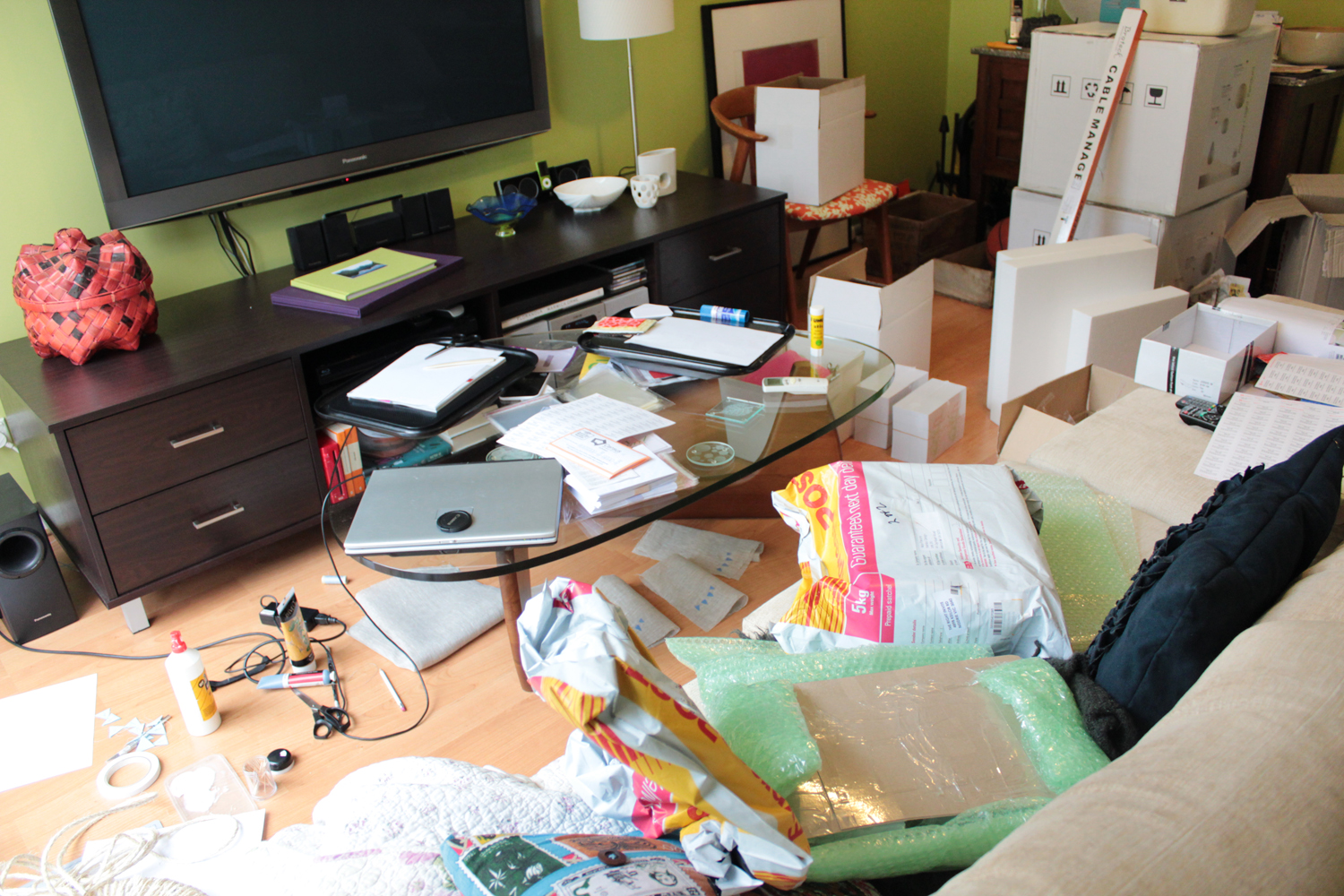“Clutter isn’t just in your home, attic, garage or office. Clutter is also in your mind, and distracts you from the amazing things you are meant to do.”
-Katrina Mayer
You know the drill. Keep, sell, toss. Only keep what you truly love or find to be useful. Ask yourself if your stuff sparks joy. All of these mantras to help you declutter, and yet we still struggle with getting rid of our excess stuff.
Everyone is decluttering. And everyone is talking about how good it feels to do it. You save money when you know what you have and where it is. But decluttering is a lot of work. And it’s easy to make mistakes like these.
#1. Starting out overwhelmed.
You cannot look at your entire house filled with stuff and think that you’re going to tackle it in a day or even a weekend. Starting out overwhelmed with the process will just lead you to quit that much sooner. You need to start small. How do you eat an elephant? One bite at a time! The same thing goes for decluttering. Start with one room – or even one closet or one drawer and then move on to the rest.
#2. Failing to start with a goal.
Why are you decluttering? Is your goal to make more space in your home? Are you trying to raise some cash by getting rid of stuff? Start with an end goal in mind. You will have an easier time decluttering if you know you are working toward an achievable goal.
#3. Getting rid of too much (or not enough).
You not only need to set goals for the process, you need to have a plan for your stuff. You need to determine exactly what it is you need. How many sets of bed sheets do you really need. How many years do you need to keep that old paperwork? You may only use some items once or twice a year during the holidays, but if they are an important part of the celebration, make sure you keep them. There is a fine balancing act between getting rid of too much and keeping too much. Find out what you need to achieve your goals and feel comfortable with the results.
#4. Letting emotions control the process.
#5. Tossing stuff just to get rid of it.
#6. Spending money on the process.
#7. Buying more stuff to fill up your space.

























